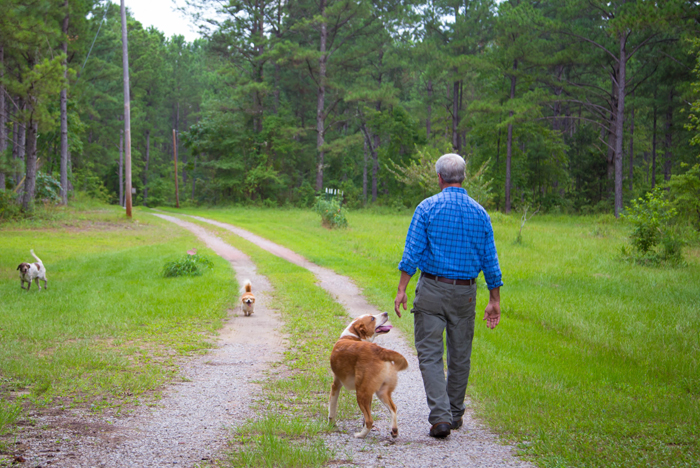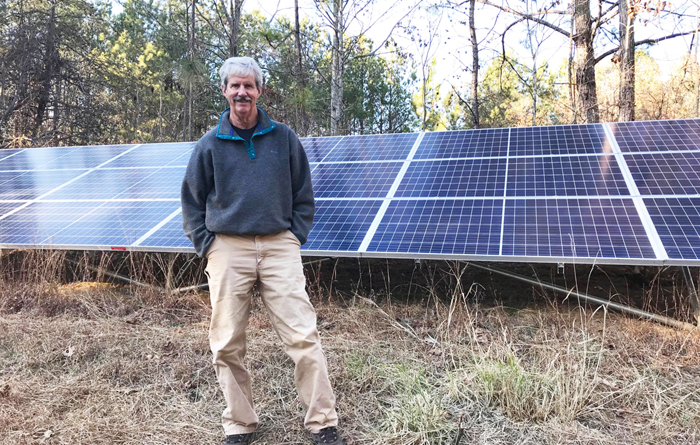
Clergyman, carpenter, educator, and environmental activist Mark Johnston stepped down this spring after more than 26 years from his job as executive director of Camp McDowell, an Episcopal camp and conference center in Nauvoo, Alabama, to run for governor.
The native Alabamian and avid sportsman has for years been among the Yellowhammer State’s leading conservationists, serving as president of the Alabama Rivers Alliance, treasurer of the Alabama Environmental Council, and being honored as the Alabama Sierra Club's Environmentalist of the Year.
Johnston was ordained in 1980, and the following year he was named Alabama’s Outstanding Young Religious Leader. “I was a carpenter," he says, "and I helped build a rural church whose membership and community involvement grew very fast." An Alabama Volunteer of the Year award followed for his work with mentally disabled Alabamians, and in 1985 he started the West Alabama Food Bank.
Five years later, still working as a carpenter, he took up the reins as executive director of Camp McDowell and started the McDowell Environmental Center, now run by his wife, Maggie, herself a distinguished conservationist and former chair of the Sierra Club's Alabama Chapter. (Read more about the McDowell Environmental Center here and here.)
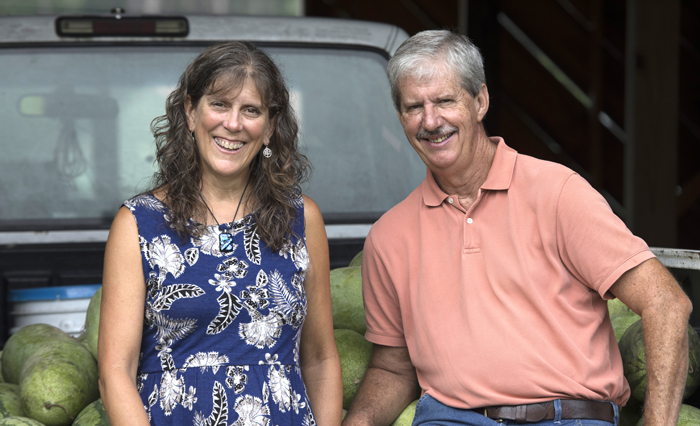
"Mark was so passionate about the environment that we took to calling him 'Captain Planet,'" she says. A sampling of the captain's conservation work includes founding the Greater Birmingham Alliance to Stop Pollution (GASP) and the Alabama Department of Environmental Management Reform Coalition, and serving on the Southeast Regional Advisory Board for American Rivers and the national board of directors for the Institute for Conservation Leadership.
A partial list of awards he has earned includes the James Dockery Southern Environmental Leadership Award, Alabama Magazine's Keeper of the Environment award, and a River Hero award from the Alabama Rivers Alliance.
As a candidate for governor, Johnston made the decision that he didn’t want to be bound or beholden to either major political party, so he chose to run as an Independent. But despite having broad and enthusiastic support throughout the state, he found that declining to run under the banner of either major political party placed his candidacy at a distinct disadvantage, one that he ultimately deemed insurmountable—especially from a fundraising perspective—and this summer he made the difficult decision to withdraw from the race.
“I ended my campaign because there were more obstacles to winning as an Independent than I'd anticipated,” he says. “It's tough because the two major parties make the rules. The experience strengthened my belief that our political and governmental systems would benefit if it was less difficult for Independents to access the ballot.”
The Planet caught up with Johnston last month to talk about his experience.
***
Planet: What prompted you to “toss your hat into the ring” and run for the governorship of Alabama?
Johnston: I “tossed my hat” because I love Alabama and because I don’t believe that it needs to be at or near the bottom of the list in all of the “good quality of life” indices or at or near the top of the “bad quality of life” indices. A few examples: My whole life, Alabama has been near the bottom in regard to education. Recently I learned we prescribe more opiates per person than any other state. We have more aquatic biodiversity in Alabama than any other state, but we are number-one in federally listed threatened, endangered, and extinguished species. The Alabama Power Company’s Miller Steam Plant, which isn’t far from my house, is either the biggest or second-biggest contributor of CO2 in the country. I decided to run for governor because I think government has failed the people of Alabama, and I wanted to try to do something about it.
Planet: Why did you decide to run as an Independent rather than as Democratic or a Republican?
Johnston: I initially was going to run as a Democrat, but as I “explored my candidacy” my perception was that the Democratic Party was dysfunctional and contained a lot of corruption. My perception of the Republican Party was that it didn’t reflect most of my values and it was rife with corruption. After a few months of exploring, I decided not to run—but as soon as I did so, some old political activists tried to get me to run as an Independent. I told them thanks but no thanks; and then one day I had an epiphany: running as an Independent might be the hardest way to win, but it was the best way to govern. As an Independent governor I could be free from party politics and change the role of the governor to be for the people and not for a party. In my lifetime, first the Democrats and now the Republicans have had supermajorities in the legislature and a governor in office. Still, we’re either at the top or bottom of those quality of life indices. My opinion is that the two major parties right now are part of the problem more than they’re part of a solution.
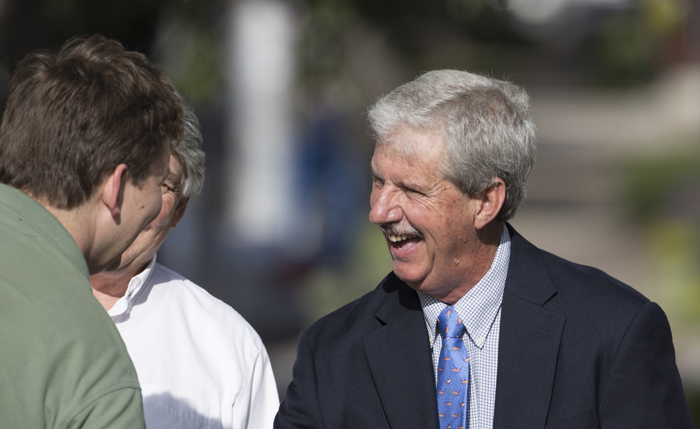
Planet: What do you feel you brought to the race that wasn’t being addressed or embodied by the other candidates?
Johnston: I was the only candidate talking about the corrupting influence of campaign contributions and big money in politics. I was the only environmentalist in the campaign. I was the only candidate who had established world-class education programs and had a vision for reinventing the way we do education in Alabama. I feel like I brought a new vision of the role of the governor.
Planet: As a candidate, did you publically self-identify as an environmentalist?
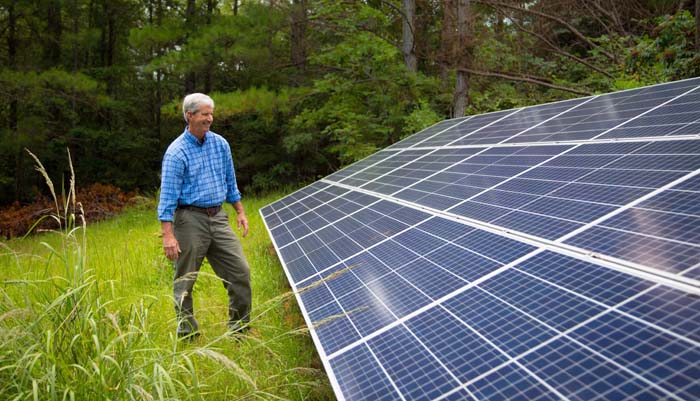
Johnston: I did identify myself as an environmentalist, and I am well known in Alabama for being one. Many of our volunteers were people I have worked with over the years in the environmental and justice movements. I’m a longtime Sierra Club supporter, and I’ve been honored as Environmentalist of the Year by the Alabama Sierra Club, but I decided not to ally myself too closely with the Sierra Club or seek its endorsement early on. Generally speaking, Alabamians are suspicious of groups from outside of the South, and I wanted to be seen as independent as possible from any “outside group.” The environment was a part of my platform, but not my whole platform. A key to solving Alabama’s environmental problems and many other problems is to limit the corrupting influence of big money in elections and government.
Planet: What were the main pillars of your platform as a candidate for governor?
Johnston: Changing the role of the governor to one that is primarily accountable to the people and not to a party was my main pillar. I wanted to change the role of the governor to one who would try to get people to work together for the common good rather than try to push a party platform. I wanted to try to take away some of the influence of big money by limiting campaign contributions and by seeking term limits for legislators. I wanted to give poor and marginalized people a greater voice and access to government. I wanted to turn the educational system upside down so that the state department listened to teachers and administrators instead of sending down mandates. In regard to the environment, I intended to try to get business, government, and other stakeholders together to develop and implement a plan to reduce our carbon footprint and a plan to deal with the effects of a warming planet, which we’re already experiencing and will continue to experience. I would have worked to get the Alabama Department of Environmental Management to become an agency that works for the common good of all of the people of Alabama.
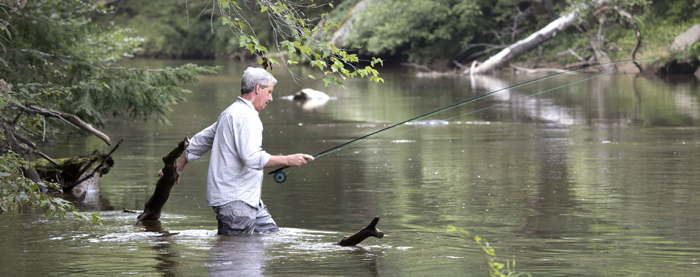
Planet: Were you ever to serve as governor, what would you want your legacy to be?
Johnston: I would have wanted to have been known as a governor who brought people together for the common good and began to move Alabama up the list of good quality of life indices and down the list of bad quality of life indices. It would be wonderful to be able to limit the influence of big money in the political and governmental systems.
Planet: What do you think Alabama, and the state’s political leadership, could do better?
Johnston: Too often politicians intentionally focus on “moral issues” and “hot button issues” such as abortion, gun rights, immigration, sexuality, etc. This is generally done to divide people instead of bringing people together to solve problems. Divide and conquer works well in big money politics in Alabama and the rest of the good ol’ USA.
Planet: What ultimately made you decide to end your campaign?
Johnston: I ended my campaign because there were more obstacles to winning as an Independent than I’d anticipated. It’s tough because the two major parties make the rules. I’ve seen Alabama listed as the fifth-most difficult state for an Independent to access the ballot. First I had to get 36,000 registered voters to sign a petition. Second, major-party candidates could start raising money five months before I could. Third, the major parties have statewide organizations to help them. Fourth, people who work with campaigns are generally “party people,” and we had a very difficult time finding experienced help for our campaign. Several people who were active with their parties wanted to work with us, but the parties kept them from doing it, essentially telling them, “Go work for Mark Johnston and there won’t be a place for you in the future of the party.” Fifth, the people who create and design computer software for political campaigns are also party people. Republican software was not available because we were running against Republicans, and software designed for the Democrats was also not made available to us. When we asked to have the software that Bernie Sanders used, we were told he was really a Democrat. Sixth, by the time we were able to raise money, all the best pollsters and consultants were under contract by the parties. We built a pretty strong organization, we had a lot of passionate supporters, and we probably could have raised quite a bit of money. Our main problems were getting the necessary signatures and finding good campaign staff. The picture didn’t look promising, so we decided to get out before we started asking our friends for a lot of money. The experience strengthened my belief that our political and governmental systems would benefit if it was less difficult for Independents to access the ballot.
Planet: What are some of the things you love most about your home state?
Johnston: I love a lot of our culture. We are a warm, hospitable people who help their neighbors. I love Alabama’s environment, which is incredibly rich in diversity, thanks to its diverse geology. I love spending time outdoors in Alabama.
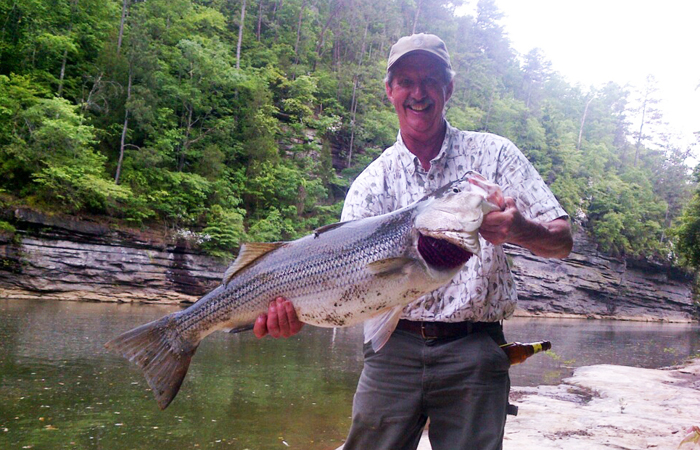
Planet: What would you like people in the rest of the country know about Alabama that they probably don’t know?
Johnston: Alabama is a wonderful, hospitable place. Our home is surrounded by forests and run through with streams, and there are beautiful canyons and waterfalls just a short walk away. There’s a lot that people from all over the country can learn from Alabama, just as we can learn from the rest of the country.
Planet: Did you see a significance in Doug Jones’s recent election to the U.S. Senate?
Johnston: Doug Jones is a very good man in a very red state whose opponent was radically to the right. I think it is hopeful that many people voted for the best person and not the party.
Planet: What would you say to young people in Alabama who want to get involved with politics?
Johnston: I would say that if they want Alabama to be the place of their dreams—the Alabama they want it to be and believe it can be—then they should get involved. If they don’t get involved, then the same handful of powerful people will continue to make Alabama the place they want it to be. I suggest you Google Oliver Robinson, Dave Roberson, and Joel Gilbert and their corruption trial that just ended in Birmingham. They were trying to stop GASP and were convicted. That could be a hopeful portent for the state.
Planet: Are you optimistic about the resilience and the future of our democracy?
Johnston: Yes... I am an optimist; my glass is always half full, or I'm working to fill it. Often I see Alabama and its problems to be representative of the country’s problems. Big money rules more than the people do. The candidates must have big money to win. In my opinion, the system is very close to being totally broken; totally bought. But I believe that we the people can bring about positive change. I challenge each person reading this to stand up and be heard. Vote. Write letters and make phone calls to your elected and appointed officials. Run for office! I still believe that the future for our country is very bright.
